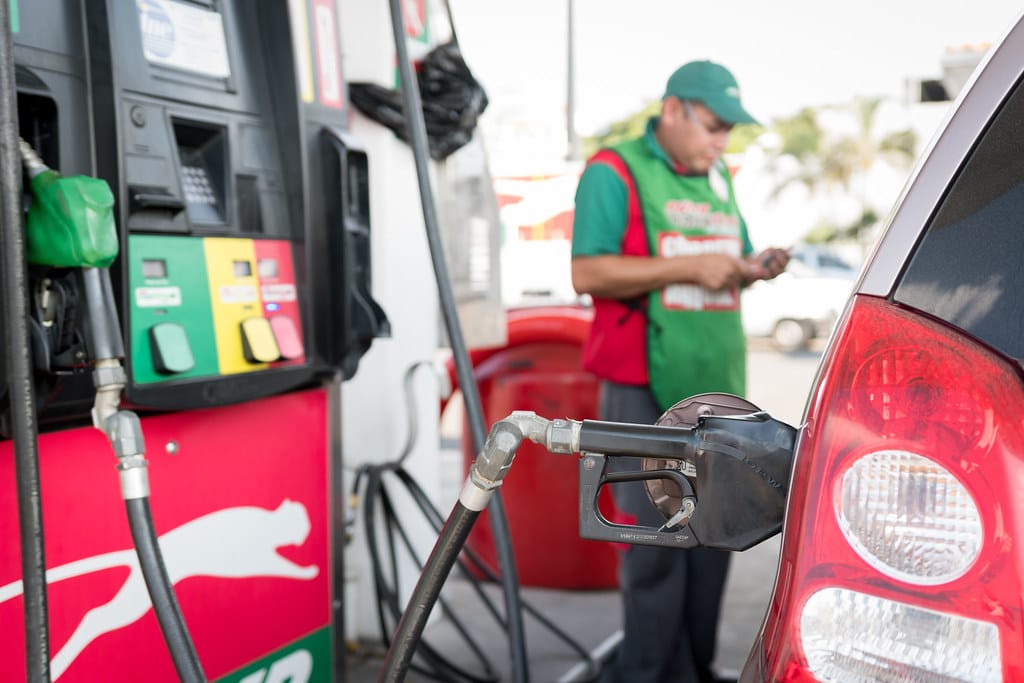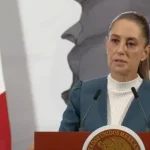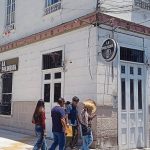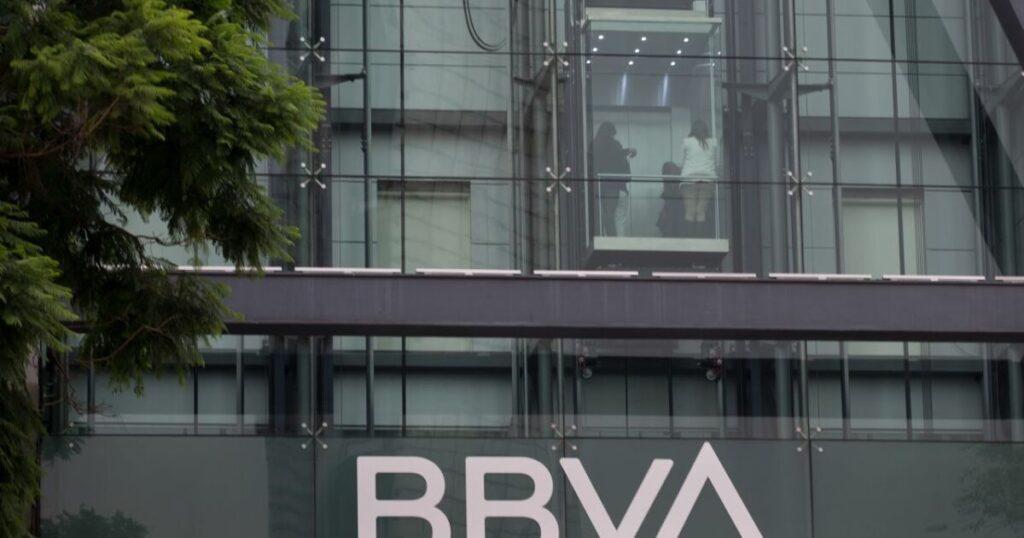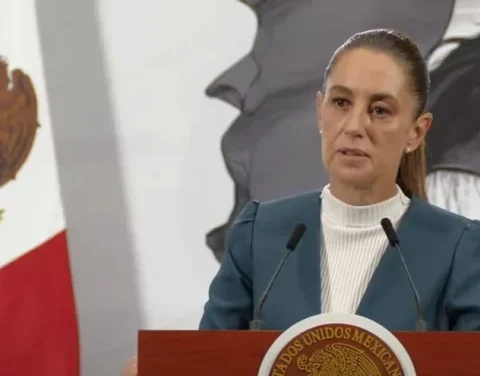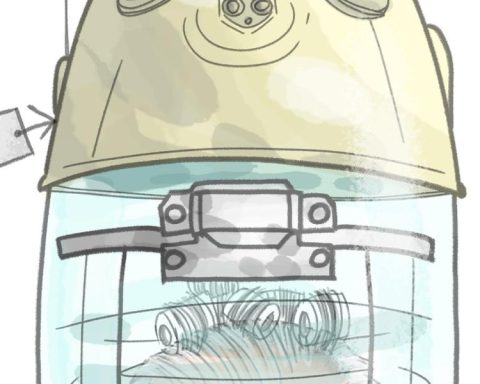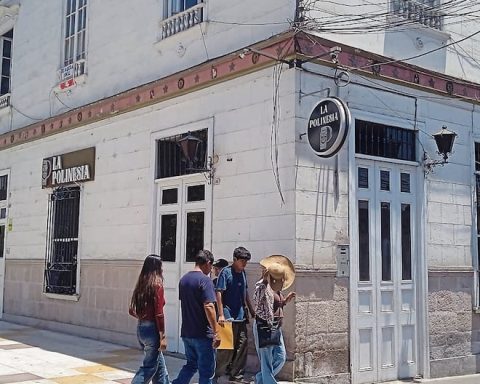The freezing of the prices of fuel and its derivatives, sustained by the Ortega regime for 14 weeks, hides a “giant fraud”, by maintaining the premiums that Nicaraguans have paid since before Russia invaded Ukraine, and consequently, the international price of oil with global repercussions, explained the economist, Enrique Sáenz.
The specialist assured, based on data from the Committee for Hydrocarbon Cooperation in Central America, that Nicaragua compared to El Salvador, during the last week of December, registered a difference per gallon of super gasoline of 67 cents on the dollar and the regular one was 68 cents. At that time, there was no war, which in effect added more overprices.
“The only explanation is that these are fraudulent prices, imposed by economic and political power” and that “translates into surplus profits for those in the business: Ortega and his cronies,” he said.
In an interview with the program Tonightwhich is broadcast on YouTube due to television censorship, Sáenz commented that the fuel subsidy does not stop the upward trend in food prices, which directly hits Nicaraguan families with purchasing power that is increasingly diminished. “There are other factors that affect the increase in food in the country”.
According to the Central American Monetary Council, year-on-year inflation as of June 2022 stands at 10.37% in the Consumer Price Index, a result that is higher than the 3.94% registered a year ago. What is the cause of the increase in prices and how does it impact the daily life of Nicaraguans?
The upward trend in prices was prior to Russia’s invasion of Ukraine, although legend has it that this rise in fuel prices is a consequence of rising international prices.
The previous year there had been a significant increase in prices, and it must be said that this measure of inflation is relatively misleading because it contains a set of prices of different items, of different goods and services, which in some way mitigate or reduce the visualization of the impact it really has on the family. Inflation must be contrasted with the increase in the prices of the basic basket and particularly with the increase in food prices because that is what is most directly related to the vast majority of Nicaraguans.
According to Inide reports, the food item of the basic basket increased by 15% in 2021, but the minimum wage adjustment was 7%; that is, not half. The adjustment for State workers was 3%, a third of the increase only for food, and for pensioners, the adjustment was 2%. In the case of a pensioner, while grocery stores, cheese, beans and rice increased by 15%, the adjustment was 2%. In two pounds of cheese for a retiree, the entire adjustment corresponding to 2021 was lost. In 2022, that growth rate has increased.
That increase that you mention, citing INIDE, translates into food costs for the basic basket going from 10,026 córdobas in May 2021 to 12,062 córdobas in May 2022. What options do Nicaraguans have, who According to Inide itself, more than 60% of the working population is unemployed and underemployed?
As long as Ortega is in power and continues to apply the IMF policies that he has been applying rigidly as a faithful disciple of the (International) Monetary Fund, there is simply no alternative because the consequence or the flip side of prices rising without wages rising is that the purchasing power of the population, who are lucky enough to have a job and an income, is decreasing. Every time you buy fewer tortillas, fewer beans, less rice, less cheese. Every time you get poorer because the purchasing power of your income is less.
The Government has justified that the increase in the cost of living is a consequence of the war in Ukraine and Western sanctions against Russia, but is that the main reason or are there others?
The first thing is that the data I gave for 2021 was from January 2021 to December 2021, that is, Russia’s military aggression against Ukraine was still quite far away. That cost has nothing to do with that slab, which the majority of the Nicaraguan population already carries on their backs. It is on that slab from last year, because this is cumulative, that the impact of the increase in fuel prices and the increase in the imported component of the population’s consumption is superimposed, which generates a tendency for the increase in prices.
This Tuesday, July 12, the National Assembly approved a loan from CABEI for 200 million dollars to reduce the impact of the increase in fuel prices that have been frozen for 14 weeks, but citizens complain that this price freeze of fuels does not translate into a reduction or even a freezing of the costs of products of the basic basket and on the contrary, they continue to increase. What are the reasons?
This has at least two faces: the public face, which is the official policy of freezing fuel prices, and a hidden face, which is a gigantic fraud that hides behind this freezing policy.
The freezing of fuel prices cannot prevent the increase in the prices of the basic basket, because there are other factors that affect the increase in the basic basket. For example, if the banks, as a result of oligopolistic control, reduce interest rates for depositors in córdobas and increase interest rates for debtors, this is a factor that affects the increase in prices, because if a businessman who has a debt, they increased the interest rate on his credit, logically, he is looking for how to transfer it to the price of the products he sells or the services he provides or he is looking for how to reduce personnel.
Regarding the gigantic fraud with the freezing of fuel prices, I took the trouble to make a comparison with the prices without taxes in El Salvador —the prices without taxes measure the size of the slice that the businessmen who are in the fuel business—because both countries buy from the Gulf of Mexico and have to go through the Panama Canal. Nicaragua has a larger storage capacity than El Salvador and the Salvadoran economy is not much larger than Nicaragua’s.
I took three months: December 2021; three months later, the first week of April 2022 and three months later, the first week of July. What does that comparison indicate? that in super gasoline in the last week of December the price difference per gallon in dollars with El Salvador was 67 cents on the dollar for super gasoline and 68 for regular gasoline, and there is no explanation for that; The only explanation is that they are fraudulent prices, imposed by economic and political power because each Nicaraguan pays that premium, which translates into surplus profits for those in the business, Ortega and his cronies.
But what happened in April, after Russia’s invasion of Ukraine: the difference in super gasoline rose from 67 to 69 cents and in regular gasoline from 68 cents to 72 cents, as if in El Salvador it does not have the same effects . In the first week of July, three months later, the difference in the case of super gasoline went to 72 cents, and to 75 cents of a dollar per gallon in the case of regular gasoline.
By December (2021) they already had a surcharge compared to El Salvador and the other Central American countries, but they had no contemplations, they had no compassion so that in these six months the surcharges increased and their excess profits increased. What is the difference now? that this goes under the table. First they financed that excess profit with the Budget and then, that went under the table and now they are going to finance it with CABEI’s credit.
This CABEI loan places the country’s external debt at a record level. What effects can be expected as a result of the increase in external debt, which at the end of 2021 reached 14,308 million dollars?
The debt has a direct consequence with the beans and rice or gallopinto that people eat or don’t eat. International lenders and international investors follow a set of indicators; there are specialized companies, those called risk rating agencies, that systematically follow a set of indicators that are taken into account by investors and those who grant private loans.
What happens when these rates increase the proportion in relation to gross domestic product, the proportion in relation to exports…? The country increases the risk of payment and consequently, the capitals that are lent, for example, to banks or companies, have their interest rate increased. If a large Nicaraguan company, a pasteurizer, a slaughterhouse, obtains an international credit, as the debt increases, it has to pay higher interest at the international level. What does this mean? that these interests are charged on what they sell, that is, on consumers. What other consequence does it have? in which the ability to obtain these credits is being lost.
Companies are less able to attract investors, they are less able to expand their plants and, consequently, they are less able to create jobs. The growing external debt, already in the magnitudes in which it is, has an immediate impact, which is not seen, but is felt, and as that impact grows, it also grows in terms of employment, all of this that we were talking about in terms of deterioration of the wages, in terms of rising prices.
